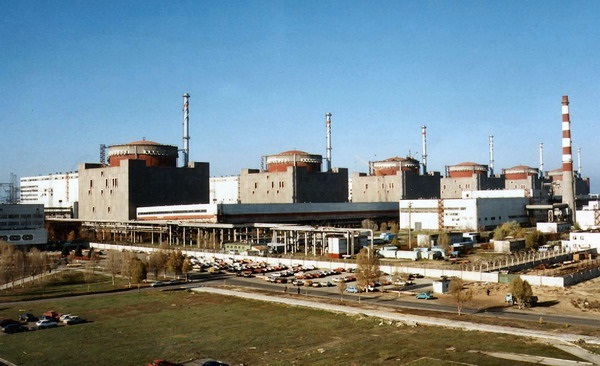I have blogged about nuclear issues in Ukraine related to the recent political turbulence. With the situation deteriorating, I decided that I would revisit the topic.
When the Soviet Union dissolved twenty years ago, Ukraine possessed a lot of Soviet nuclear warheads. Ukraine agreed to rid itself of nuclear weapons on the basis of Budapest Memorandum signed by the United States, the United Kingdom and Russia. The memorandum guaranteed the security, territorial and sovereignty of Ukraine. Within five years all the nuclear warheads and their nuclear infrastructure had been removed or destroyed. The International Atomic Energy Agency has been monitoring the peaceful use of nuclear power in the Ukraine since the Budapest Memorandum was signed.
Now, with the seizure of the Crimea and the threat to use force in Eastern Ukraine, the Russians have violated the Budapest Memorandum. There have been calls in Kiev for Ukraine to resume the production of nuclear weapons in order to protect itself from foreign aggression. The new government in Kiev has strongly rejected this option and reaffirmed its commitment to the Nuclear Nonproliferation Treaty. They would rather seek security in cooperation with members of the international community. The European Union will be asked for assistance.
The Ukraine government fears that the world may seek appeasement with the Russians by allowing them to retain possession of the Crimea and possibly even accept the annexation of Eastern Ukraine. They cite the failure of appeasement to contain the Third Reich in the lead up to World War II. They hope that the world community will bring diplomatic and economic pressure on Russia to surrender the Crimea and withdraw their troops from the border with Eastern Ukraine. They also insist that military options should not be ruled out if the Russians do not yield to the other measures.
There is mounting concern that Ukraine's nuclear power plants may be under threat, either from a Russian invasion or sabotage by Ukrainians that support the Russian actions. The Ukrainian government fears that attacks on Ukraine nuclear reactors could result in radioactive contamination of Ukraine and surrounding countries. They have called for international monitors to help protect Ukrainian reactors. After having suffered the Chernobyl disaster, the Ukrainians are familiar with widespread nuclear contamination.
Ukraine supplies forty percent of its electricity from fifteen aging nuclear reactors concentrated in four locations. Even if not intentionally attacked, human error in the fog of war could result in bombardment of a nuclear power plant, causing a meltdown. Fighting near nuclear plants could disrupt off-site power sources which are critical to safe operation. Operators could abandon their posts at the nuclear power plant leaving no one to deal with emergencies that might arise. Ground forces could invade nuclear power plants and damage operating systems. On the other hand, troops from one side of the conflict could take refuge in a nuclear power plant, inviting attacks from the other side.
We can hope that Russia will be reluctant to attack nuclear power plants in Ukraine in view of the fact that they also suffered in the Chernobyl disaster. For the moment, we can only hope that diplomacy and economic sanctions will discourage Russia from instigating further conflict in Ukraine.
